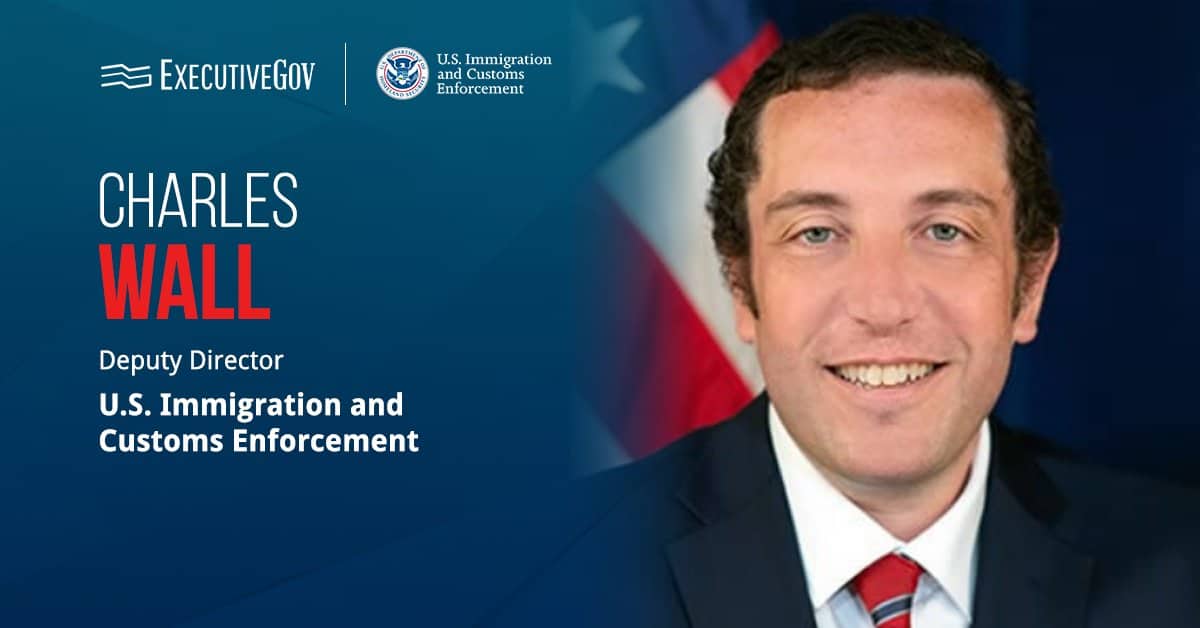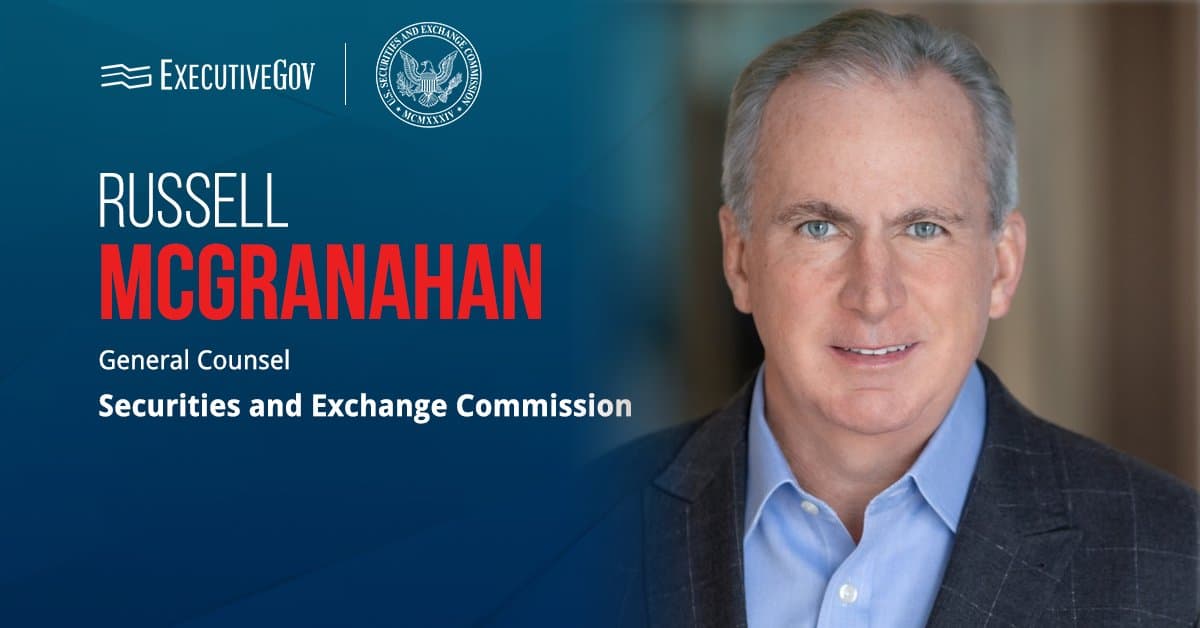The Department of Energy (DOE) will invest $40 million in research that aims to reduce the waste emitted by nuclear reactors. DOE said Wednesday its Advanced Research Projects Agency-Energy will use the funds to finance projects under the Optimizing Nuclear Waste and Advanced Reactor Disposal Systems (ONWARDS) program.
ONWARDS will explore how to lessen the waste and used nuclear fuel of advanced nuclear reactors by 10 times. The project will seek improvements in recycling processes, waste forms and sensors and data used for nuclear material management.
DOE pursues ONWARDS to further commercialize advanced nuclear reactors and protect the environment through the implementation of clean energy.
“More than half of our zero-carbon energy is generated from nuclear power, and through this groundbreaking research we can expand nuclear's potential,” said Jennifer Granholm, secretary of Energy.





